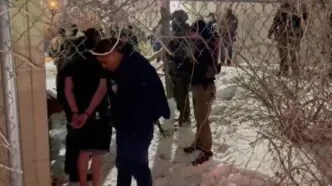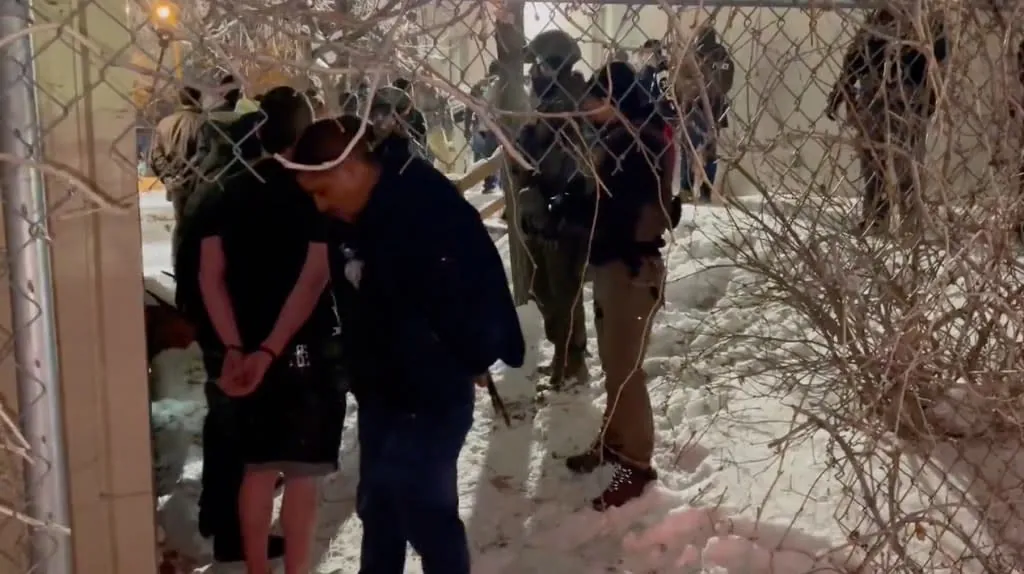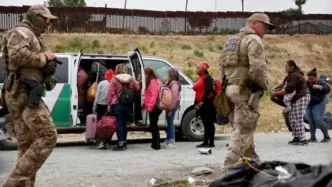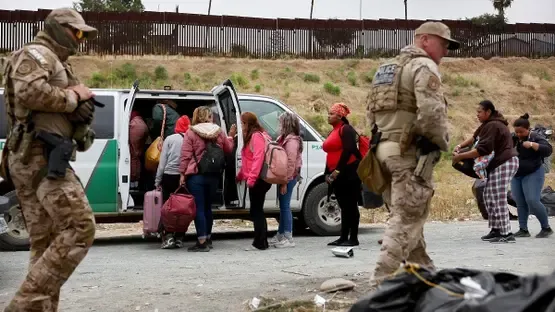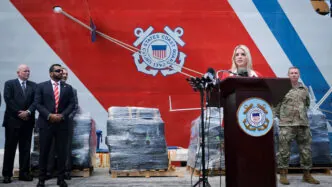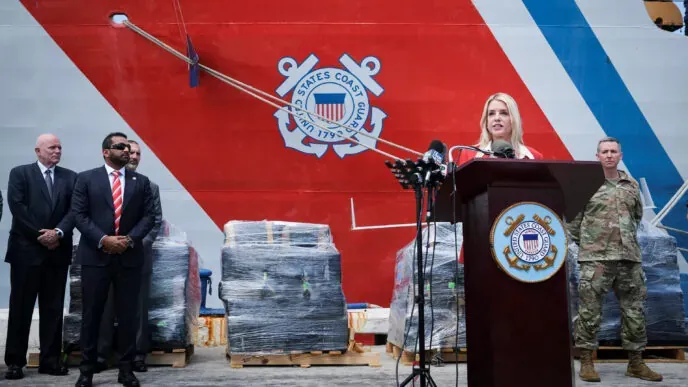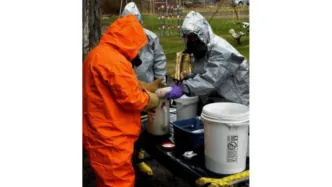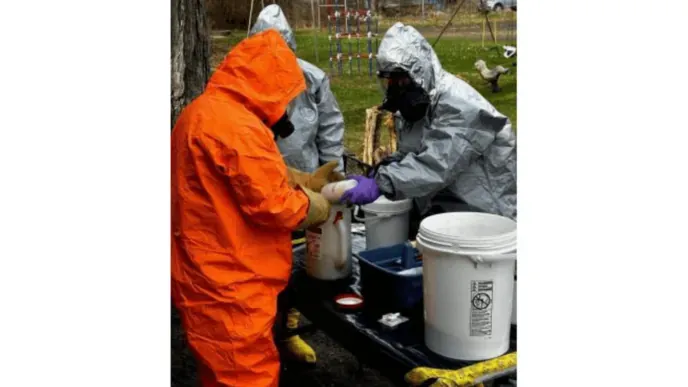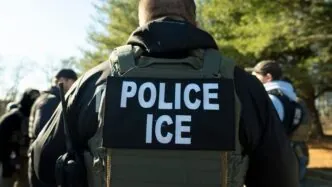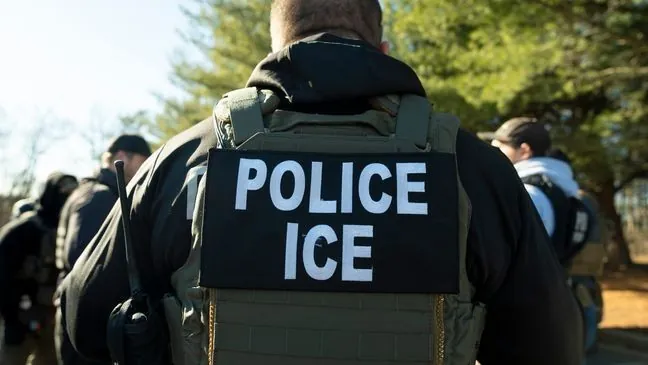WASHINGTON – The Central Intelligence Agency (CIA) is currently reviewing its legal powers regarding the potential elimination of drug smugglers who transport lethal fentanyl and other illicit substances into the United States, as the Trump administration confronts the ongoing opioid crisis.
According to a report by CNN, which cites a confidential source as well as three individuals familiar with the situation, this evaluation does not suggest that President Trump has issued directives for the CIA to take lethal actions against drug smugglers. Rather, it aims to clarify the types of operations the agency may legally pursue and the associated risks of various strategies.
This assessment follows the Trump administration’s recent designation of eight Latin American drug cartels, including six from Mexico, as Foreign Terrorist Organizations in February due to their roles in narcotics and human trafficking.
On January 26, 2025, DEA agents and law enforcement officials apprehended suspected members of the Tren de Aragua gang involved in drug trafficking in Colorado. The designation of these cartels as terrorist organizations provides the White House with a range of new options for targeting them, including access to enhanced counterterrorism authorities, potentially allowing covert operations to be initiated.
The CIA declined to comment on this matter.
Discussions surrounding the use of lethal force against drug cartels have intensified among Republican lawmakers in recent weeks, particularly following Trump’s assertion during his State of the Union-style address on March 4 that “It’s time for America to wage war on the cartels.”
Recently, Representative Derrick Van Orden (R-Wis.) surprised military leaders by questioning why the United States is not “just killing” Chinese traffickers responsible for smuggling fentanyl precursors into North America. He posed a direct inquiry: “In your professional military opinion—setting aside policy—if we simply began eliminating those responsible for the deaths of 250,000 to 300,000 Americans through drug overdoses—similar in scale to World War II casualties—why aren’t we taking such action?”
The response highlighted a clear limitation: U.S. military forces lack the authority to engage directly with drug smugglers. However, this authority could be modified, and agencies like the CIA may operate under different legal frameworks.
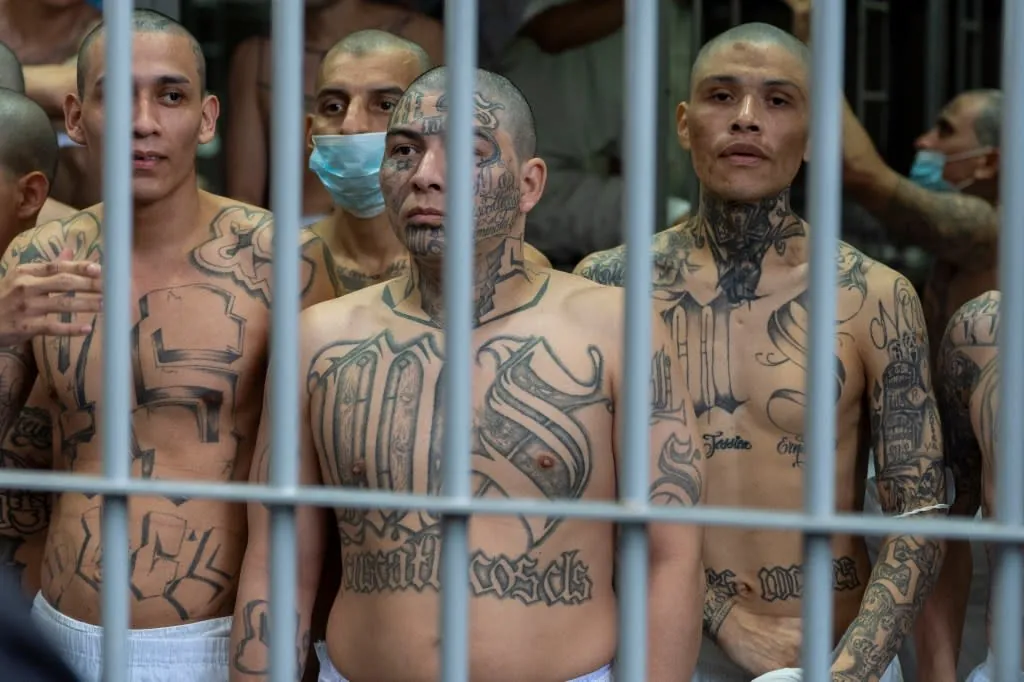
Currently, the CIA conducts surveillance flights over Mexico with the approval of Mexican authorities, monitoring cartel activities within the country. Additionally, approximately 4,000 troops are stationed along the southern border—an increase of about 1,500 since Trump assumed office.
While CIA drone operations are confined to surveillance activities, rising concerns about countering cartels may suggest that the administration is contemplating more aggressive measures. A report from the Atlantic Council on March 5 posited that these developments might indicate preparations for direct military action against cartels, either unilaterally or in coordination with Mexican forces.
Engaging the military in operations targeting narcoterrorists would likely necessitate formal congressional authorization via an Authorization for Use of Military Force. This would permit deployment of military assets under Title 10 of the U.S. Code.
However, Trump could circumvent Congress by opting for clandestine actions through the CIA, utilizing his powers under Title 50. According to the Atlantic Council report, such a scenario would involve Trump issuing a presidential finding to authorize covert operations against cartels, potentially executed by CIA paramilitary units or special forces typically operating under Joint Special Operations Command.
Historically, Trump has favored covert operations in counterterrorism efforts against groups like al-Qaeda and ISIS, making this course of action increasingly plausible.
